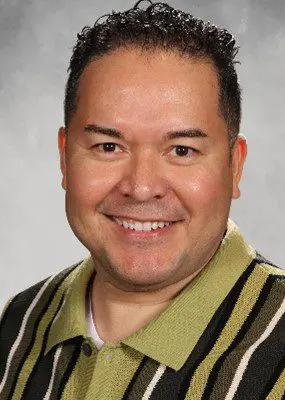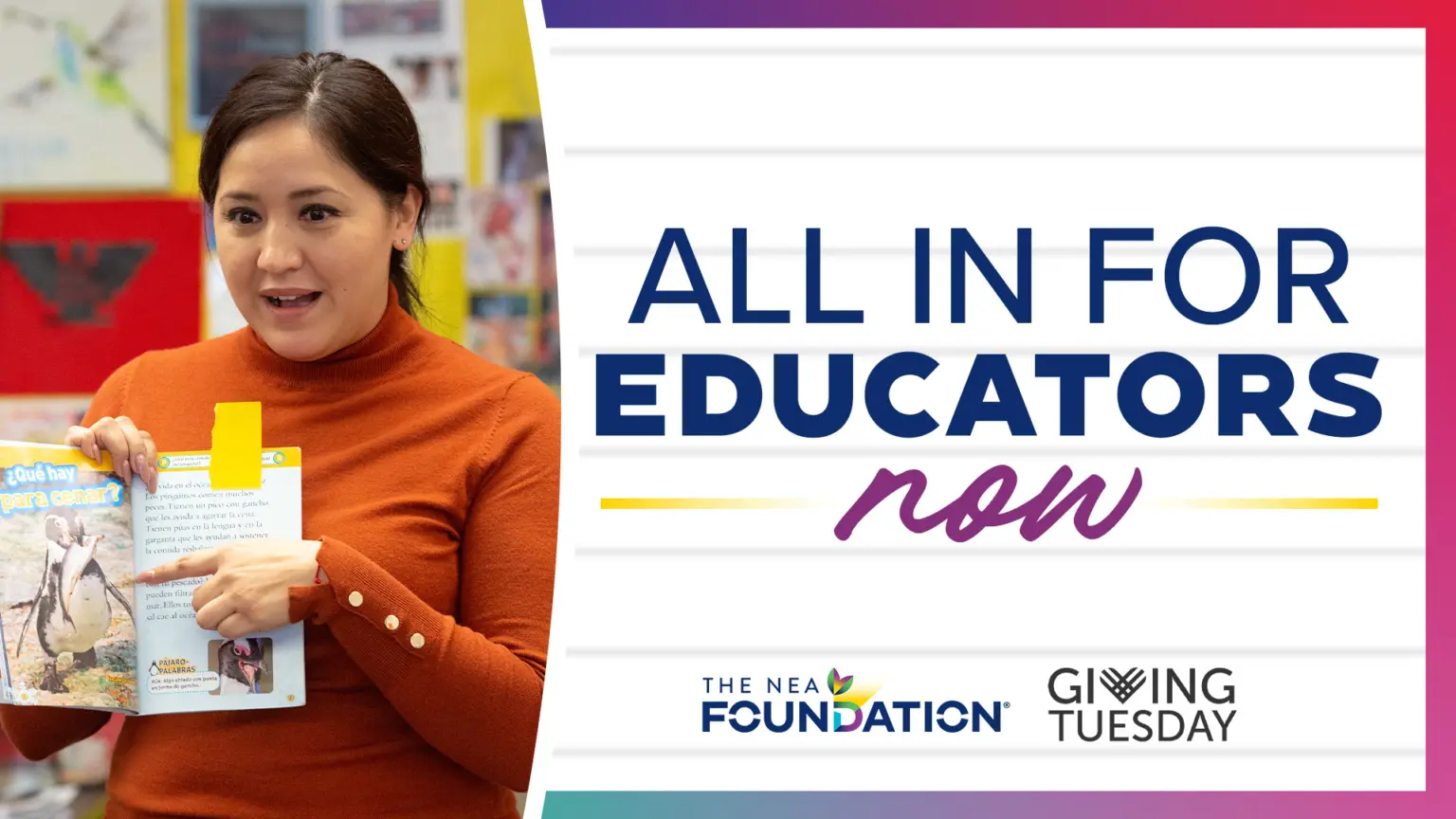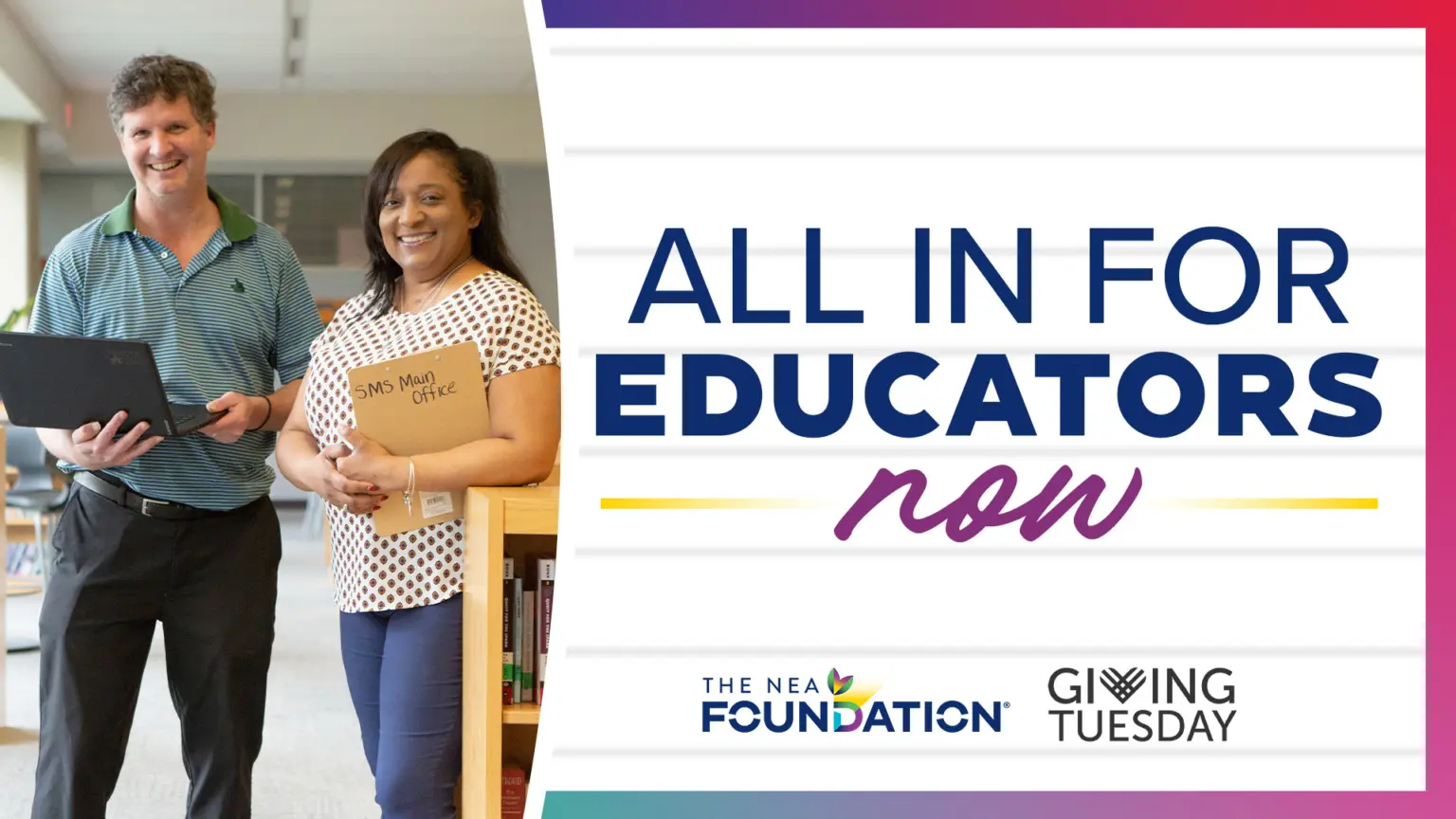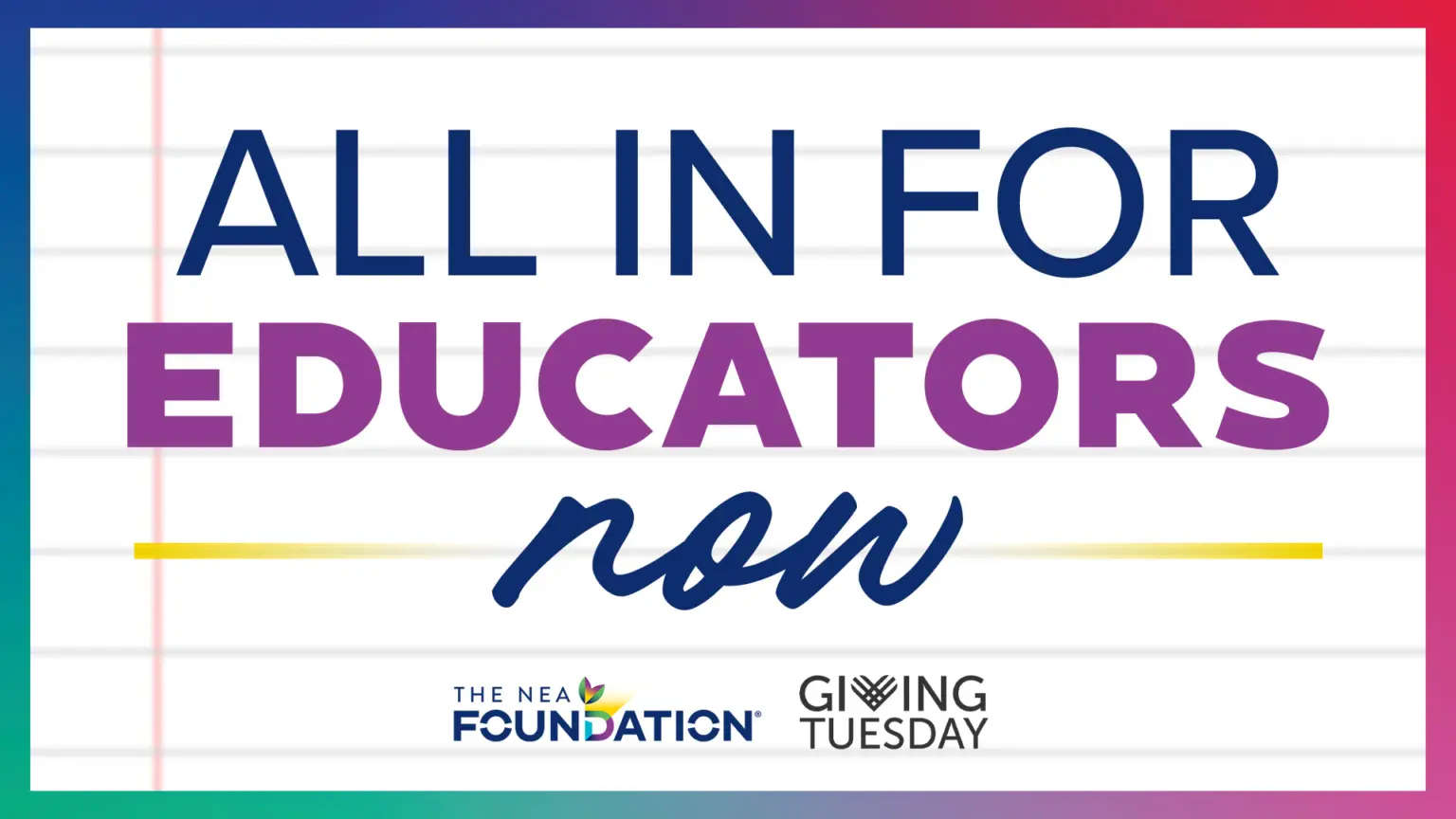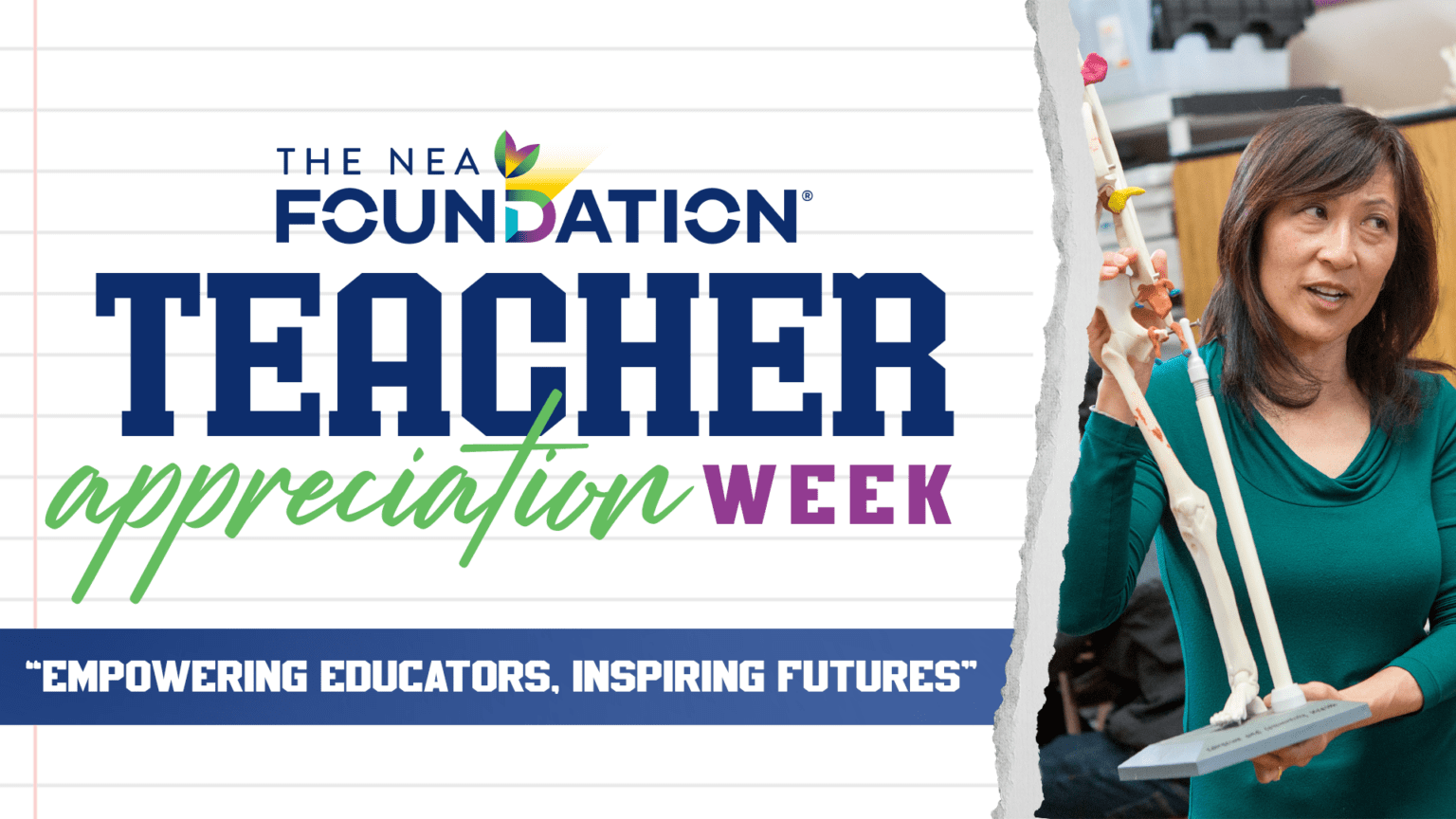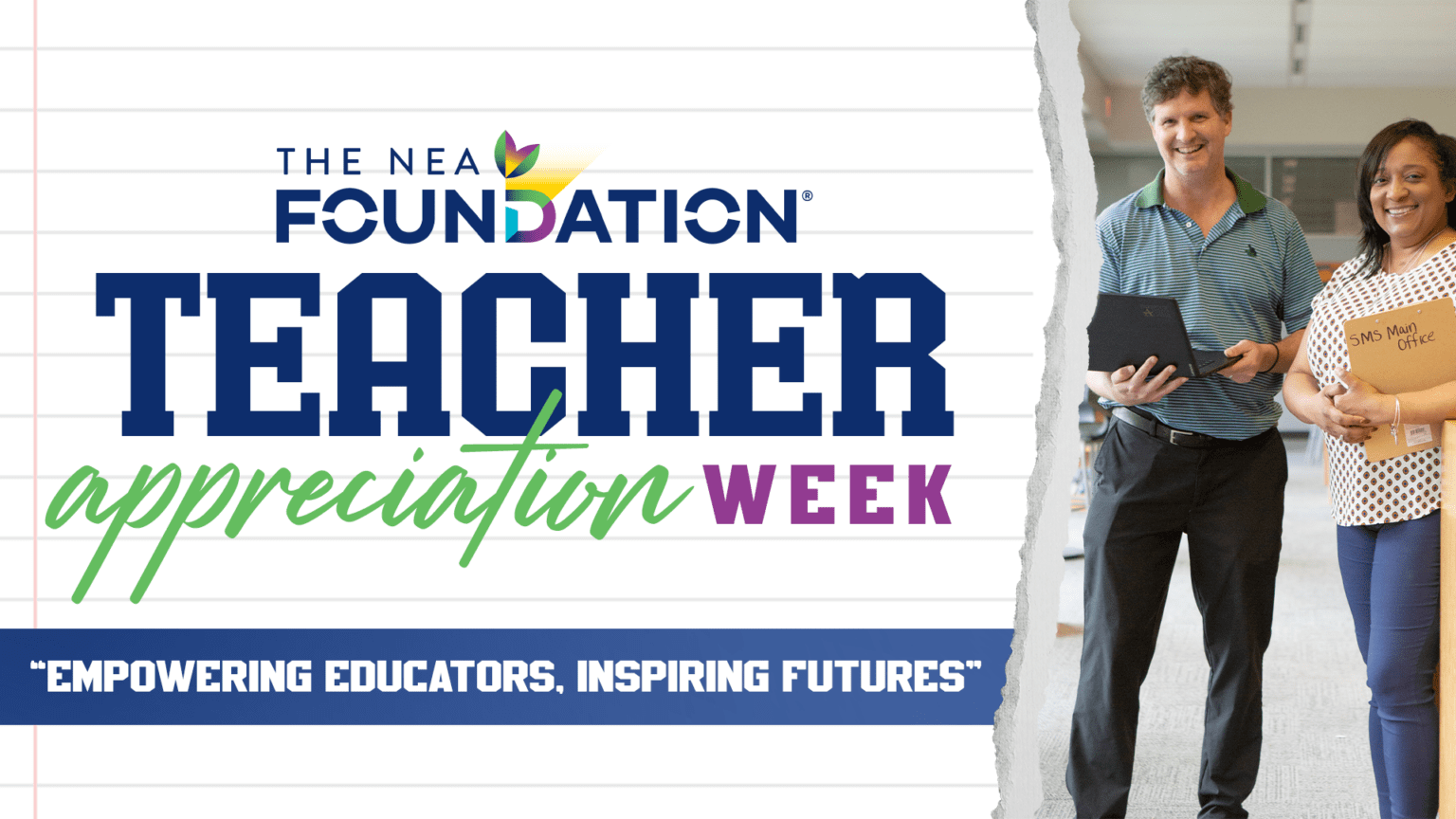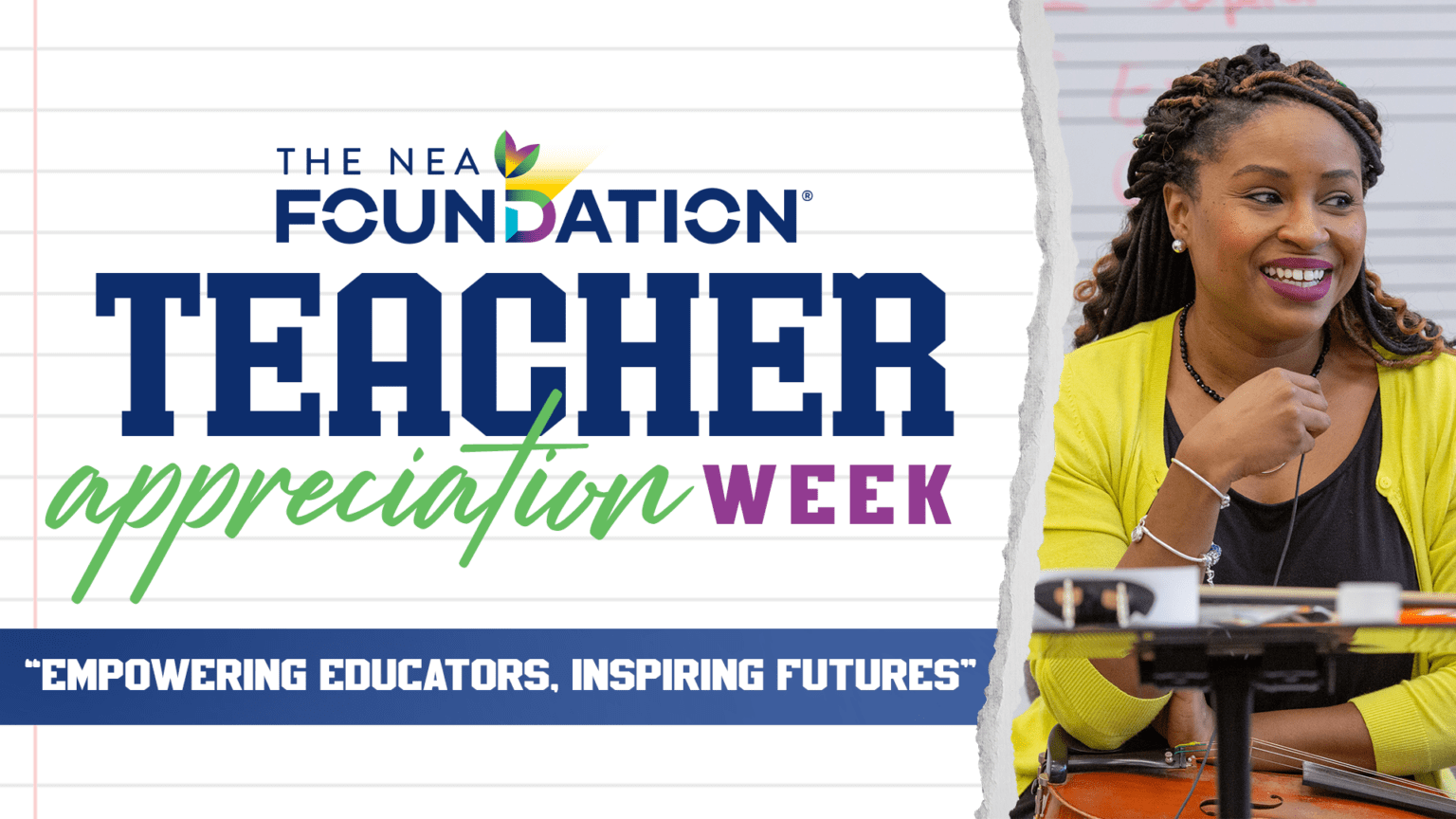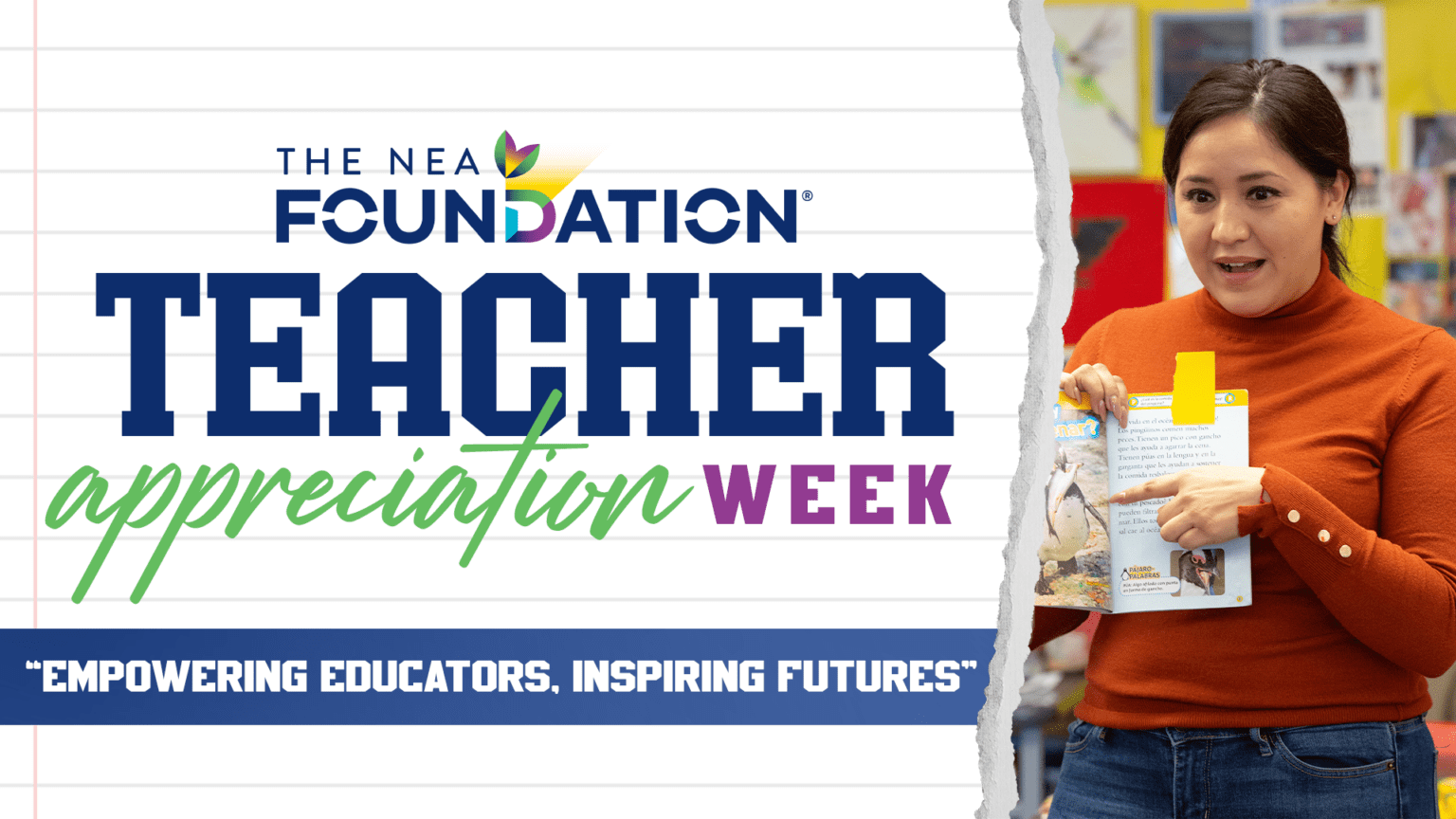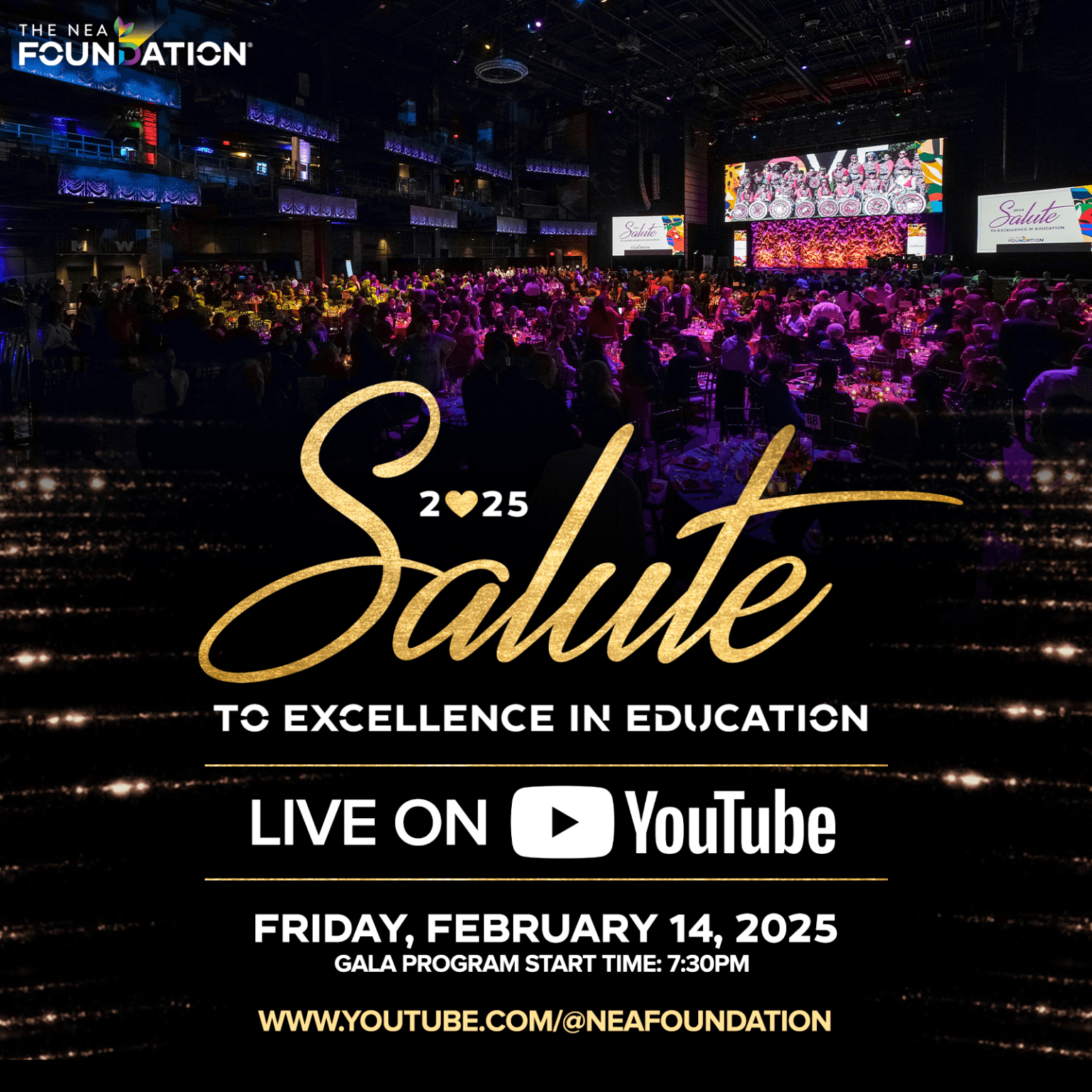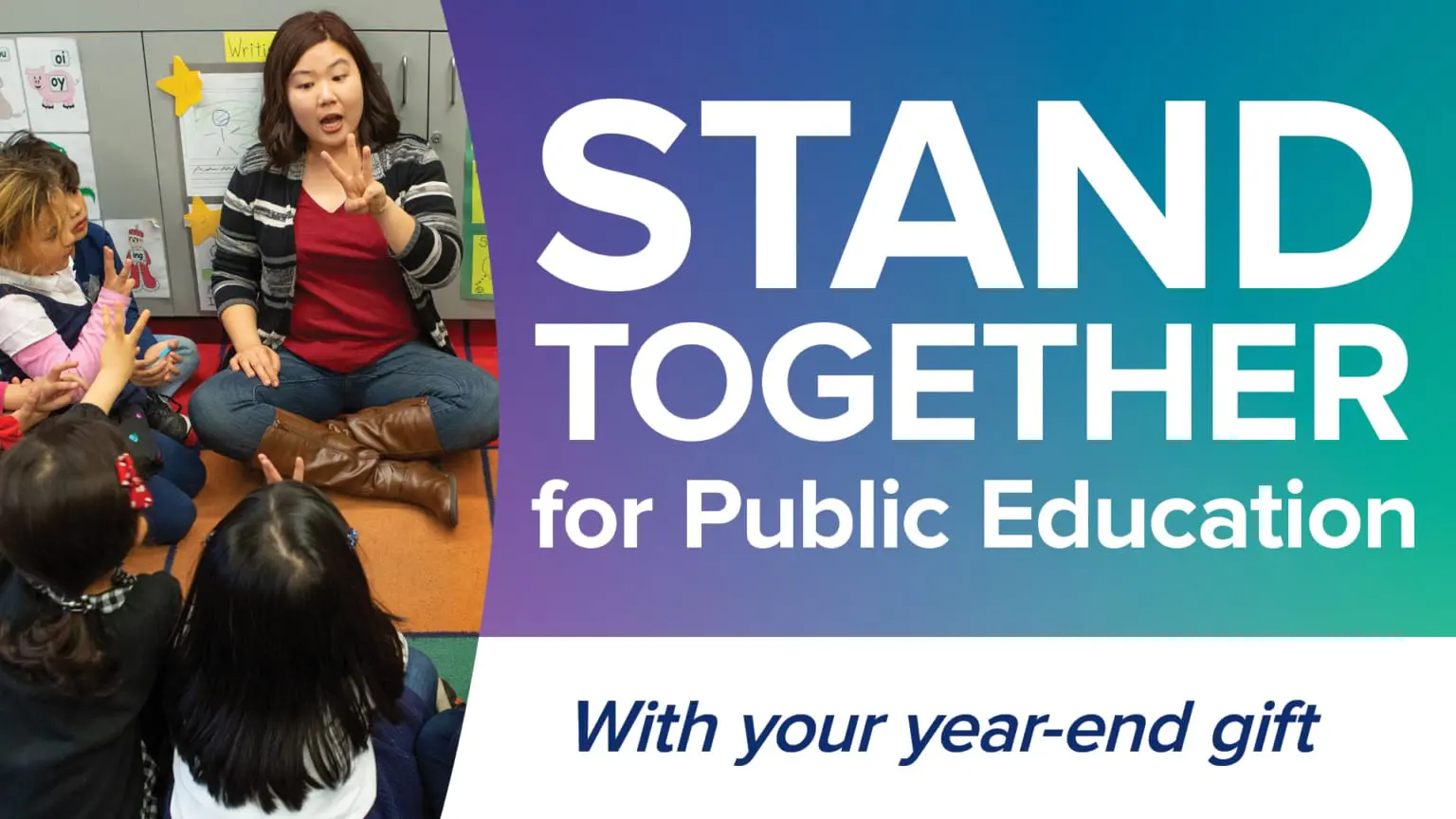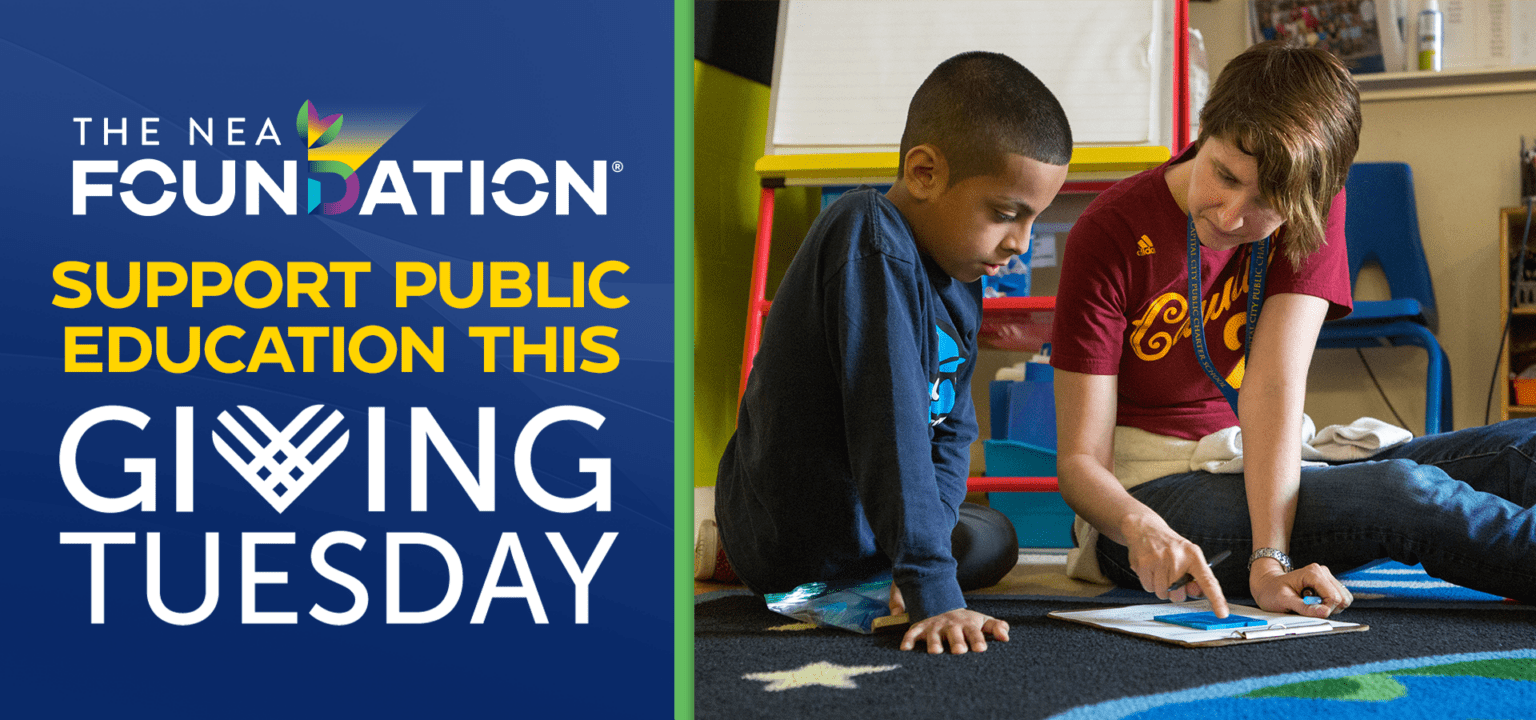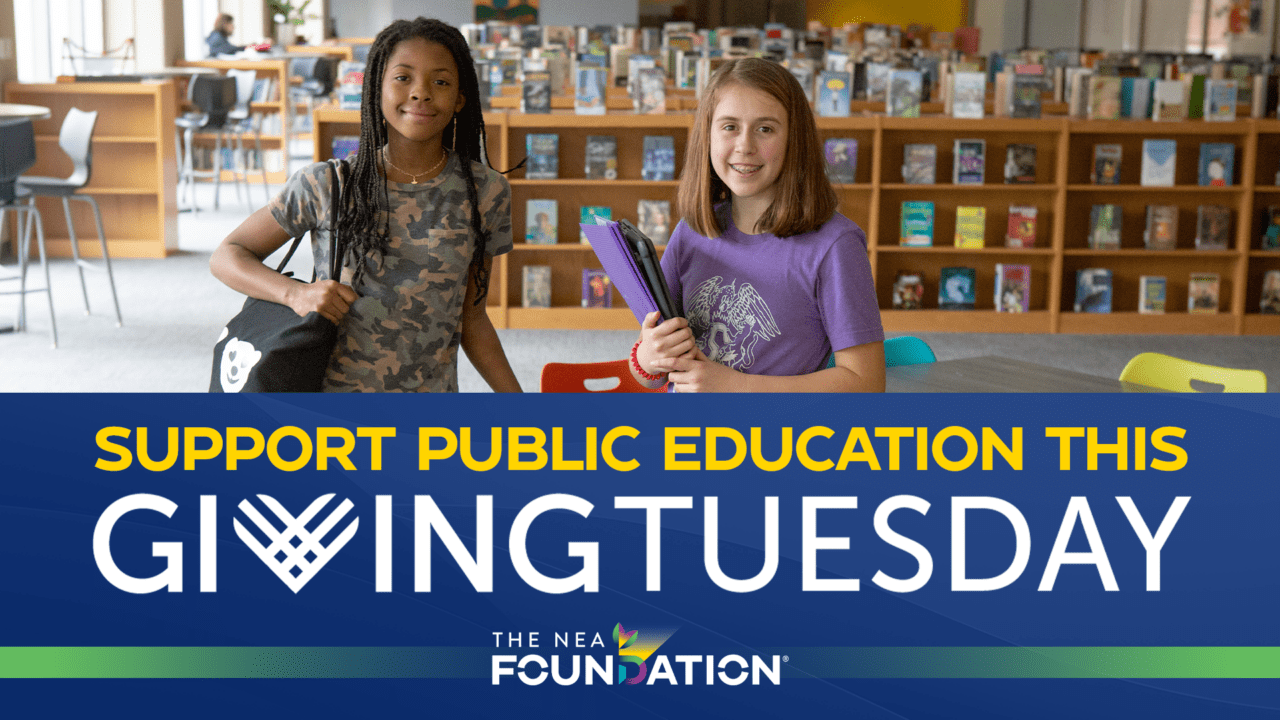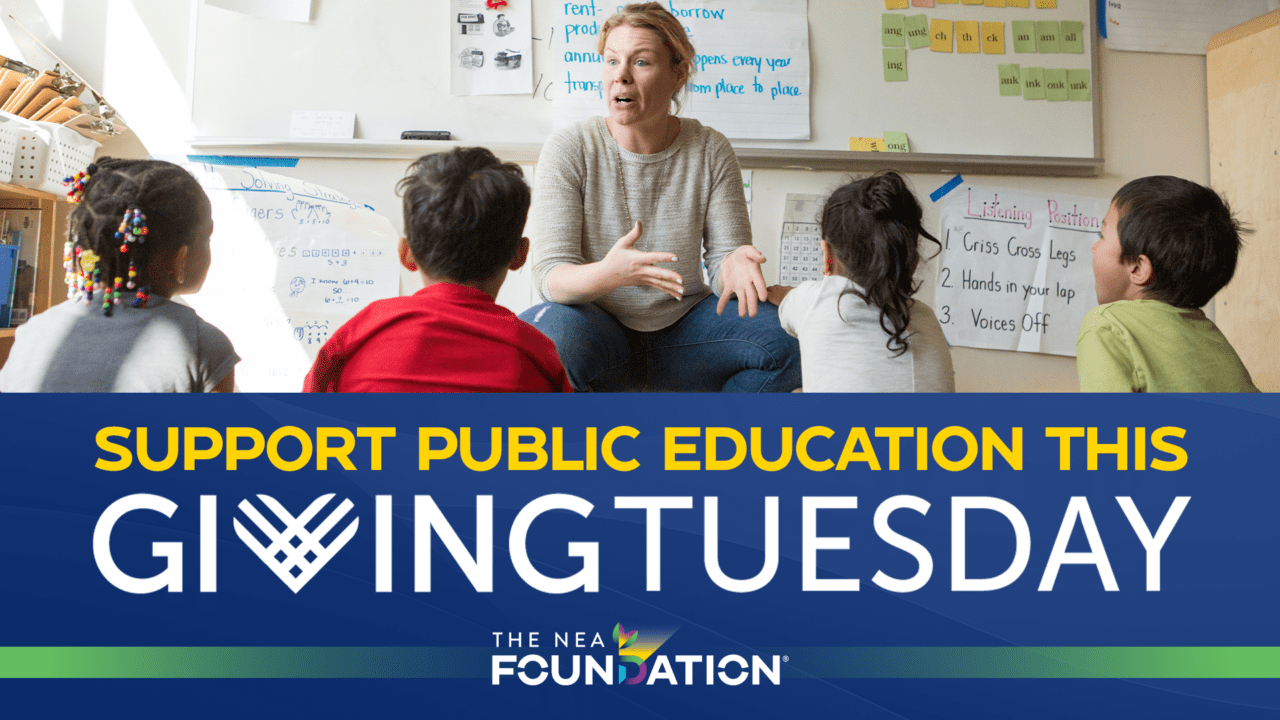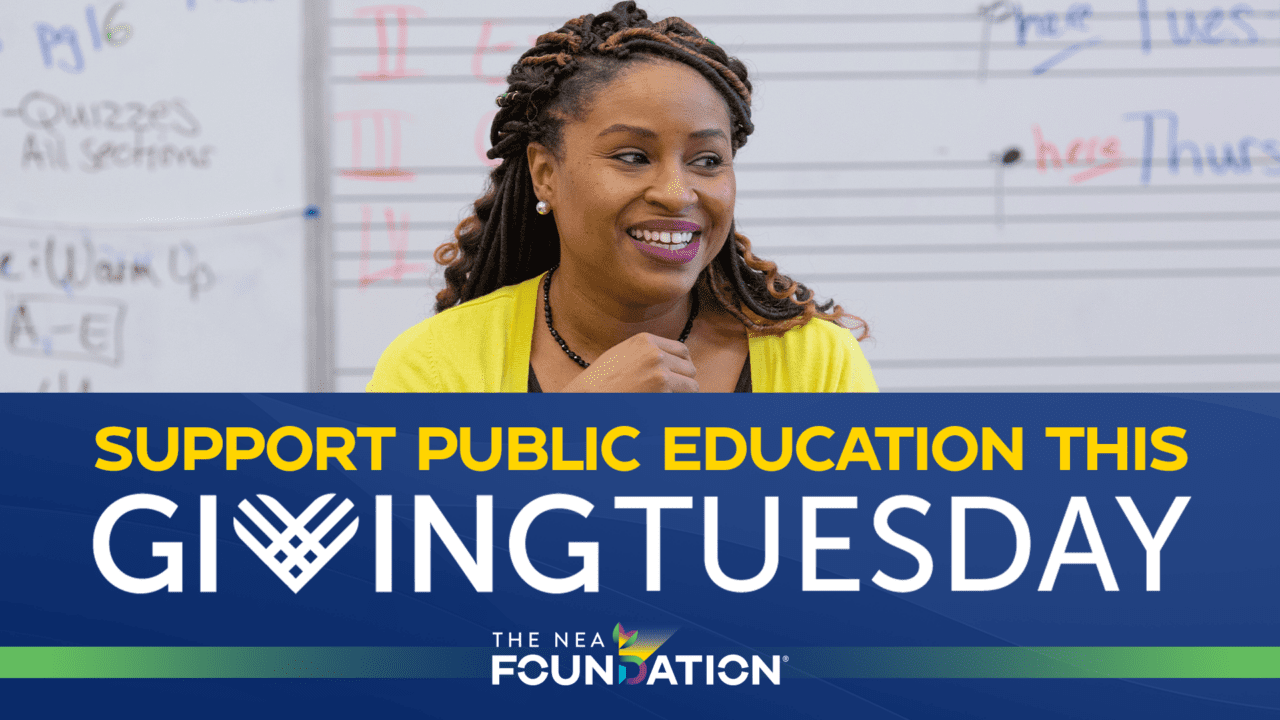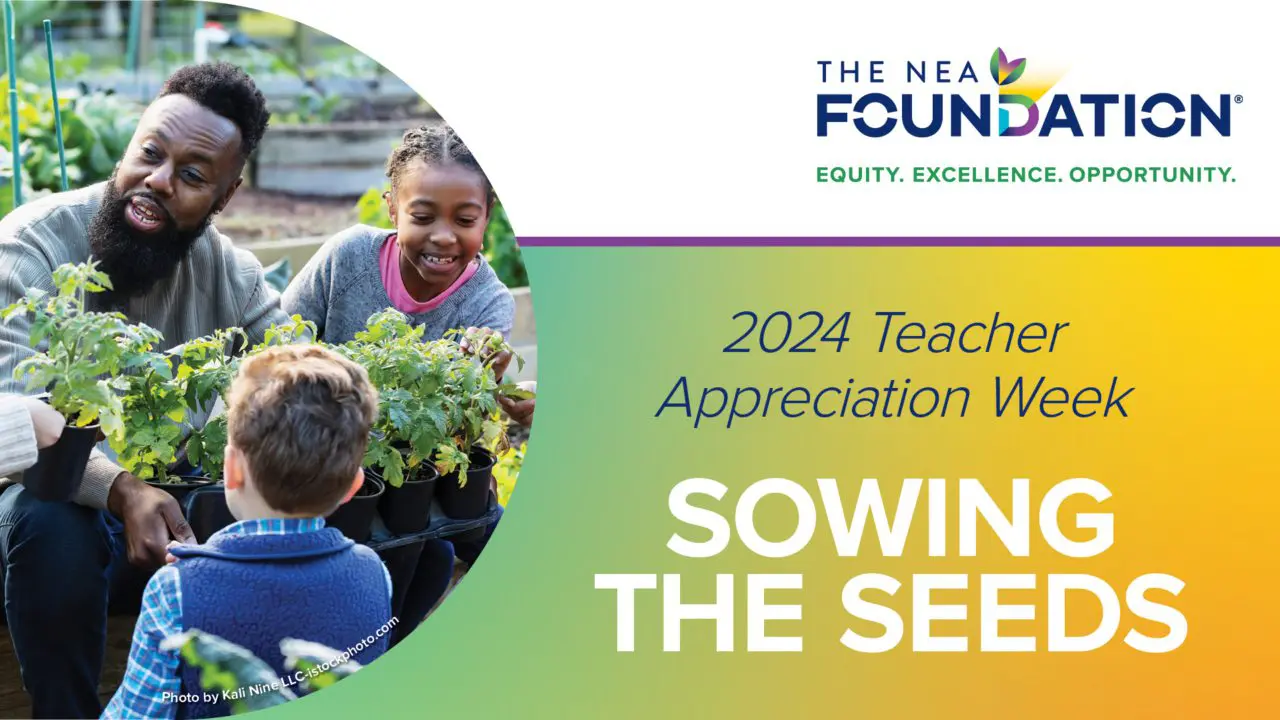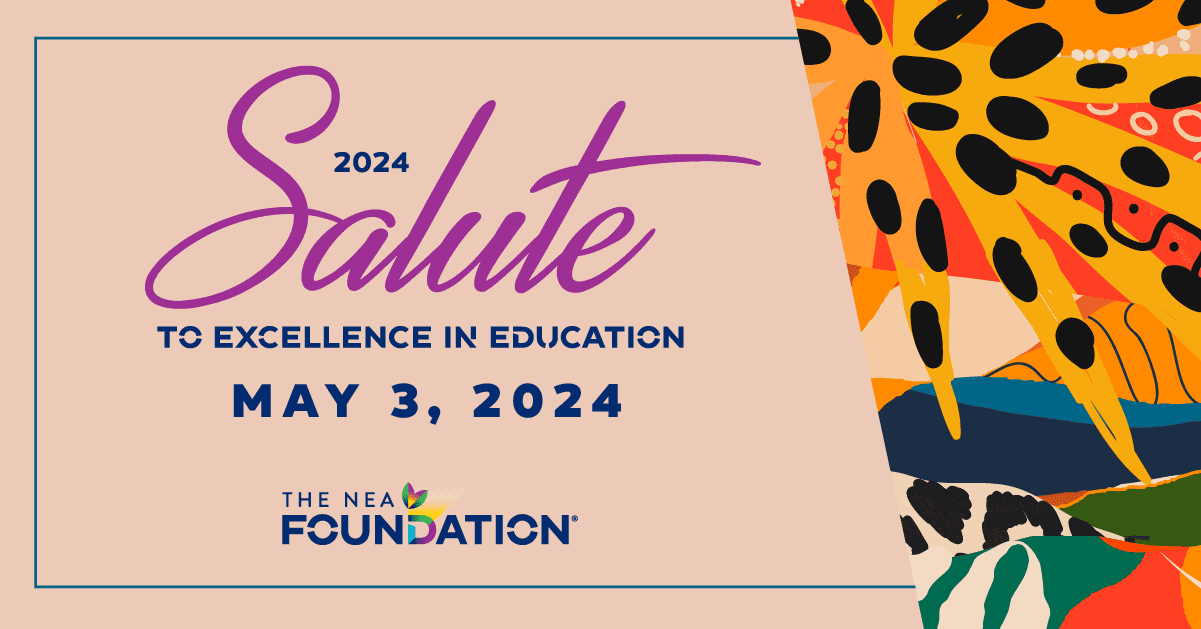R. Joseph Rodríguez teaches language arts, reading, and college preparatory courses at an early college high school in the Austin Independent School District. His students are quick to speak up and write about what interests and concerns them, and he encourages them in their research questions. He lives and teaches in Austin and Fredericksburg, Texas. His new publication, Youth Scribes: Teaching a Love of Writing, will be published in Fall 2024.
“What’s COBRA, Mister? It sounds bad. Why does my family gotta pay for something bad or that can bite me [and after my parents lost their jobs]?” [COBRA: Consolidated Omnibus Budget Reconciliation Act of 1985]
—Jovani (pseudonym), student, 12th grade
Jovani’s words stayed with me while I wrestled with the schooling pace of instruction and demands of assessment as his eleventh grade English 4 language arts and reading teacher. I wondered about the ways to involve his life’s observations with my teaching and how to complement his learning for our understanding together.
The Envision Equity Grants from The NEA Foundation provided the opportunity to advance learning and share resources for my students’ growth. In the grant description, this stood out: “Every student deserves to feel seen and heard in their classroom.”
Deserves. This word rang loudly. Students deserve the best public education and resources that support their learning and understanding, especially about their human rights, autonomy, and respect. The story of Henrietta Lacks seemed like the perfect avenue through which to dive into these topics.
Writing the Grant App: 5Ws and H
The NEA Foundation grant application seemed the most accessible compared to other applications for classroom funding, which can be daunting. I considered the 5Ws (Who, What, When, Where, Why) and H (How) questions as I outlined and drafted each section of the application.
The purpose of the project Ethics and Immortality: Henrietta Lacks (HeLa) and the Human Right for Care, Consent, Dignity, and Health was to present to 160 eleventh and twelfth-grade students the medical heroine Henrietta Lacks (1920–1951), who is a key figure in the humanities, sciences, and medical research. Students learned how her care, consent, dignity, and health were compromised due to bias, inequality, injustice, and racism.
In 12 weeks, I wanted my students to experience conceptual activities and assignments that reflected literacies from various content areas and disciplines: literary and social studies; technology and information sciences; and science.
I planned to use funds from the Envision Equity Grant to provide students with books and a research text, screen a film on Henrietta Lacks, purchase composition notebooks for journaling and reflection, arrange a “meet and greet” lunch between students and scholars, and design a participatory action research project. These components would all work in tandem to engage students’ critical thinking skills within the topics of care and consent.
Writing the grant application helped me transform my ideas into actionable steps. I used a poem that I wrote in Lacks’s honor as the guiding text for my project.
The Project
A student, Guadalupe, confided, “COVID-19 just showed that we can die and maybe nobody will notice at the clinic or the hospital—or even school—if we don’t show up, speak up, or make it!”
Students applied close reading to two narrative nonfiction texts we studied together: The Immortal Life of Henrietta Lacks (2010, 2011) by Rebecca Skloot and Henrietta Lacks: The Untold Story (2020) by Ron Lacks. These two books were significant for learning the scientific narrative by Skloot and the family history from Ron Lacks, who is Henrietta Lacks’s grandson. Students examined diverse viewpoints about who gets to tell Lacks’s story and with whose consent, including the protection and rights of human participants in research studies.
As part of the project, students co-led intellectual conversations with two local scholars in Austin, Texas in a seminar-style discussion and luncheon. The conversation centered on important healthcare issues related to their personhood, consent, dignity, and ethics.
Students then applied their learning by designing a Photovoice Project in a civic community and youth-led participatory action research method. As part of the project, students created a research question, set up a research plan, considered uses of technology and devices, sought consent from legal adults and assent from legal minors, conducted conversations and interviews, and presented digital storytelling.
Student Questions and Takeaways
The project allowed students to dig deep into questions of consent, care, and inequality. During classroom discussions, students grappled with questions about what happens when someone goes to a doctor or hospital with limited means and without health insurance. Who can help us? Who gets consent to conduct research? How can we protect ourselves today?
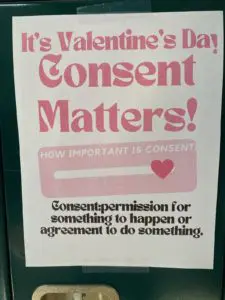
A poster in Rodríguez’s classroom
Most revealing were their English 4 Notebook entries in response to the prompt: What does the word “consent” mean to you?
One student’s journal entry stated: “Consent is a fundamental aspect of promoting healthy and respectful relationships. As an example, if a friend wants to borrow your car, you saying ‘yes’ means you consent. Another is, before a medical procedure, you are agreeing to it after understanding the risks is giving consent.”
Another student wrote: “I believe people need to be more aware of someone’s state of mind when they’re giving consent. Often times people take advantage of people when they don’t really give consent.”
Their responses demonstrate the connections they made between the story of Henrietta Lacks and real-life situations. Overall, students enhanced their critical thinking skills by engaging in the story and topics from a variety of angles, including research, discussion, and reflection.
The grant support provided students with memorable experiences, but perhaps more importantly, with the skills and knowledge to dive into deeper inquiry about topics that interest them or that speak to their own humanity. In this case, care, consent, and dignity were topics that spoke to many of them. Their reflections about the pandemic, annual checkups, and health insurance concerns illustrated the project’s relevance to their own lives.
At the end of the project, students gained more knowledge about human and medical rights. Their inferences, wit, and wonder kept me alert and motivated as I worked among emerging researchers.
Recommended reading:
- Hernandez, J. (2023, Aug. 1). Henrietta Lacks’ descendants reach a settlement over the use of her ‘stolen’ cells. NPR, https://www.npr.org/2023/08/01/1191283359/henrietta-lacks-descendants-settlement-stolen-cells
- Kent, C. (2023, April 18). Henrietta Lacks’ harvested cells: Is the clock ticking on unjust enrichment claim? In Vivo: Pharma Intelligence, https://invivo.citeline.com/IV147698/Henrietta-Lacks-Harvested-Cells-Is-The-Clock-Ticking-On-Unjust-Enrichment-Claim
- Skloot, R. (2010). The Immortal Life of Henrietta Lacks. Crown.
THE NEA FOUNDATION IS COMMITTED TO FEATURING DIVERSE VOICES AND PERSPECTIVES ABOUT CRITICAL ISSUES FACING PUBLIC EDUCATION, STUDENTS, AND EDUCATORS. THESE VIEWS DO NOT NECESSARILY REFLECT THOSE OF THE NEA FOUNDATION.

